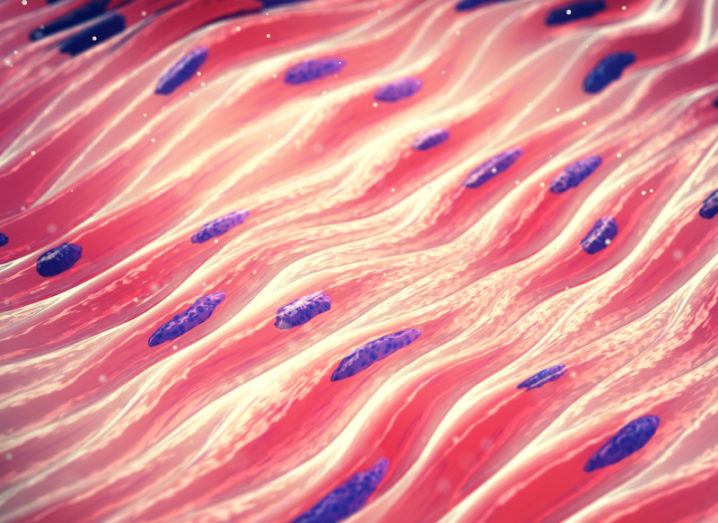In the journal Science, researchers within academic institutions in Germany and Canada released their findings showing how it may be possible to reprogram heart muscle to repair its damaged tissue.
The approach was tested on rodents, with the administration of the antibiotic doxycycline to induce the reprogrammed cells for regeneration of tissue, before and after experiencing heart damage.
“Research indicates that the adult mammalian heart does not contain cardiac stem cells and the vast majority of cardiomyocytes (CM) do not divide. Heart regeneration is thus limited after injury,” the Science article reads.
“In this study, we demonstrate that heart-specific expression of Oct4, Sox2, Klf4, and c-Myc (OSKM) induces adult CMs to dedifferentiate, conferring regenerative capacity to adult hearts.”
What researchers uncovered was that heart regeneration and heart function improvement were possible among the rodents, however, timing is vital. The rodents tested with doxycycline six days after heart damage saw no impact, while administration of the antibiotic for too long may increase the risk of cancer.
“Much more work is required to determine if a similar approach might work for humans, and if it can be done without increasing the risk of cancer,” the author of the study stated in a news release.


